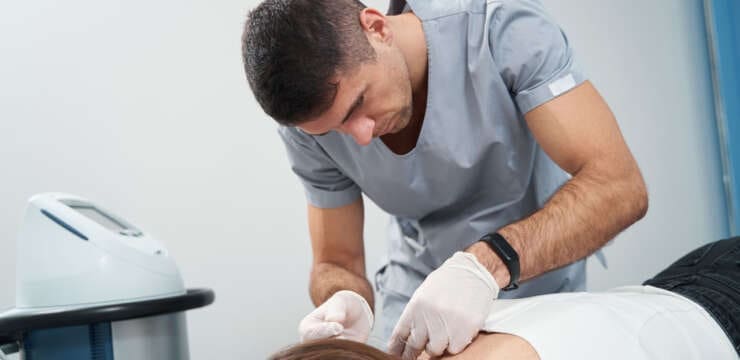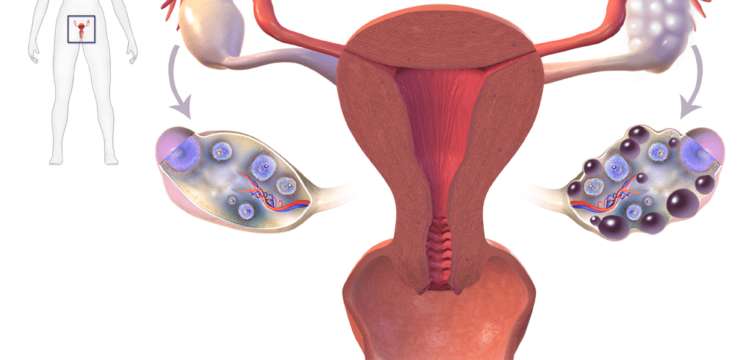“For individuals dealing with pain, inflammatory conditions, and stress issues, could adding acupuncture to a treatment plan help bring relief and healing?” Acupuncture Treatment Acupuncture…


“For individuals dealing with pain, inflammatory conditions, and stress issues, could adding acupuncture to a treatment plan help bring relief and healing?” Acupuncture Treatment Acupuncture…

As we know, some individuals have a harder time regulating their mood and emotions than others do. This is highly connected to their genetic predisposition. Mental health falls under the neuropsychiatric disorder umbrella and accounts for up to 25% of all disability-adjusted life years. The genetic predisposition an individual has contributes to the risk of developing a mental health disorder. By using genetic testing, we have the ability to see if a patient is at risk for depressive disorder, bipolar disorder, anxiety, and PTSD. We use the DNA Mind test by DNA Life.

As previously discussed, our genes play a significant role in energy expenditure, appetite, and fat metabolism. Our genetics determine our susceptibility to obesity when exposed to an unfavorable environment. Additionally, we are also able to see how individuals will react to specific diets and exercises. We are able to use genetic testing to see a genetic profile and create a cutting-edge, scientifically backed, and effective weight loss plan for each patient. As we know, food consumption impacts our health throughout our entire life. With an unhealthy diet, turning on and off genetic risk factors, it becomes unhealthy and is a major risk factor for chronic health conditions. Nutrition-related conditions are often encountered and identified by chiropractors where musculoskeletal and inflammation is the origin.

Exercise has been proven to help many medical conditions and reduce inflammation. However, those who are high risk do not usually feel comfortable exercising. Treating disease and developing a program for long-term health is the overall goal with exercise prescriptions. To begin, all patients must undergo an assessment of physical capabilities as well as physiological. The hard push of exercise is not something all patients are mentally ready to tolerate.

The first Polycystic Ovary Syndrome (PCOS) conference was held in 1990 and discussed what PCOS is and how they were diagnosing and treating patients. They looked at oligo-anovulation, no ovulation, and too many androgens. Now, we use the Rotterdam criteria. This criterion groups together anovulation abnormal ovulation, clinical hirsutism acne (signs of hyperandrogens), and an ultrasound to view the presence of 12 or more follicles and determines if you have two out of those three then you are diagnosed with PCOS. There are multiple pathways that PCOS develops. Ultimately, these pathways are categorized into 4 groups: LIfestyle induced PCOS, Poor Fat Digestion/Sugar Burner, Inflammatory Diet/Poor Food Choices, and Genetic Predisposition.